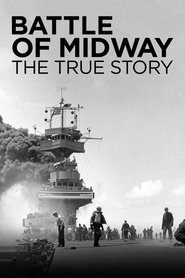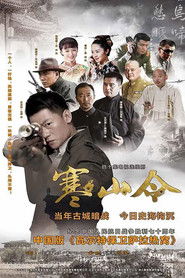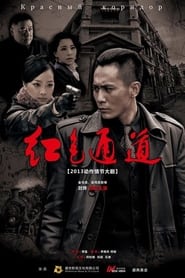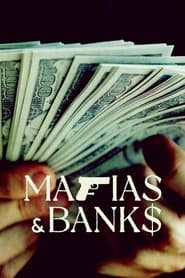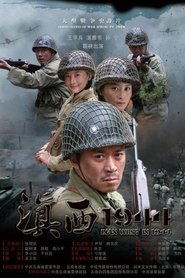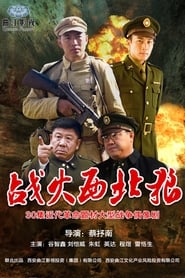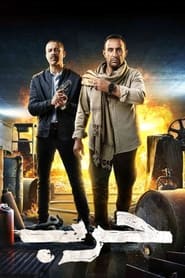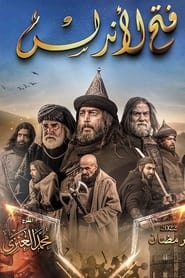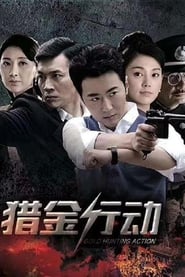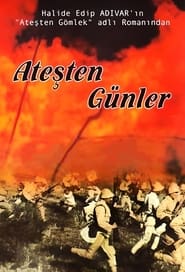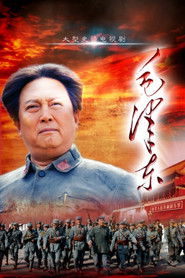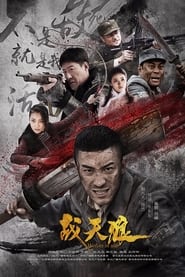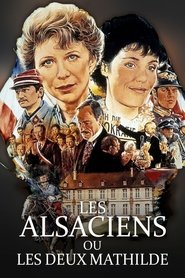War Politics TV Series - Page 74
-
Former Agent
0000
Former Agent
0000
-
Battle of Midway: The True Story
2019
It was one of the largest naval engagements ever and a turning point in WWII. The Battle of Midway changed the face of warfare and made victory in the Pacific possible. -
寒山令
2016
寒山令
2016
-
Red Channel
2014
Red Channel
2014
-
Mafias and Banks
2023
Mafias and Banks
2023
star 6.5How, from the 1920s to the present day, financial power has gradually strengthened a hidden alliance with criminal organizations around the world. -
尖刀
2010
尖刀
2010
-
Decisive Battles
2004
Decisive Battles
2004
star 8.5Decisive Battles was a television show on the History Channel that depicted historic battles. It ran for thirteen episodes in mid-2004. The show used the game engine from Rome: Total War to present 3-D versions of the battles. The show was hosted by Matthew Settle, who usually traveled to the sites of the battle. Reruns of the show air on the History International channel and the Military History channel. -
Dian West in 1944
2010
Dian West in 1944
2010
-
战火西北狼
2012
战火西北狼
2012
-
War
2023
War
2023
star 4The events revolve around a member of an extremist terrorist group called Al Zafer, who is trying to carry out a number of terrorist operations in Egypt, but he gets pursued by the security services. -
天狼星行动
2013
天狼星行动
2013
-
Fath Al-Andalus
2022
Fath Al-Andalus
2022
star 8The story of the leader of the Umayyad Army, Tariq bin Ziyad, and his great conquests in the cities of Tangier, Ceuta and Toledo, all the way to the conquest of Andalusia, and his famous dispute with his commander Musa bin Nusair. -
Win or Die
0000
Win or Die
0000
After the Ming and Wala sign a peace agreement, tensions rise due to rebellion accusations. Chen Guang and Taiji Su Han, who led the negotiations, face danger and must lead their team to Ningxia for support, navigating numerous threats along the way. -
猎金行动
2018
猎金行动
2018
-
Ateşten Günler
1987
-
贺兰雪
1995
贺兰雪
1995
-
Mao Zedong
2013
Mao Zedong
2013
Mao Ze Dong, also known as Chairman Mao and popularly rendered as Mao Tse Tung, was a Chinese communist revolutionary who was the founding father of the People's Republic of China, which he ruled as the chairman of the Chinese Communist Party from the establishment of the PRC in 1949 until his death in 1976. This drama shows the contributions and sacrifices he did for his country. (Source: ZGDX_CHENGYAO at MyDramaList) -
隋唐演义
1996
隋唐演义
1996
-
Wolves in War
2018
Wolves in War
2018
-
The Alsatians or the two Mathilde
1996
star 9The history of four generations of a family in Alsace between 1870 and 1953. Over this time, the family and the villagers live through three wars between France and Germany and their province changes its affiliation between these countries four times. The governors from both sides do not always respect the culture and the feelings of Alsatians.

